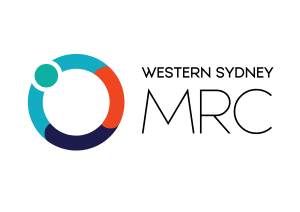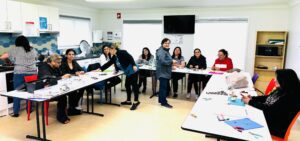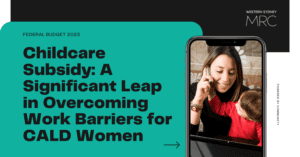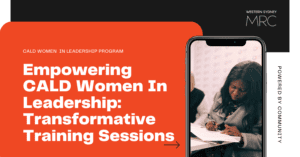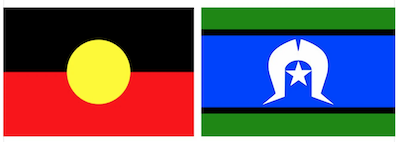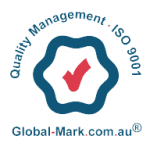A report ‘Settlement experiences of recently arrived refugees from Syria, Iraq and Afghanistan in New South Wales in 2018 was launched today as a collaboration between several Universities and NGOs. The launch was attended by numerous academics from around Australia and internationally from Canada and Finland.
The research provides a snapshot of Syrian, Iraqi and Afghan refugees in their first year of settlement, as the researchers follow the journey of these 300+ individuals in their progress.
Western Sydney MRC CEO Kamalle Dabboussy says:
In the presentation made on 2 December, researchers provided glimpses to the cultural and social capital that refugees bring and outlined the current level of English Proficiency, health and social connections.
Insights included that 37% of refugees have tertiary qualifications, and refugees that arrived in NSW had higher tertiary qualifications than arrivals to other states.
It identified many young people arrived with a basic to a fluent understanding of English and/or French, in addition to their original language and there is a need to see and acknowledge the skills refugees have, rather than focussing on what they do not.
Kamalle Dabboussy
All those interviewed want to be active, connected and working towards their future. Many are searching for employment, and some have the aspiration to establish a small business into the future.
Many reported frustration with finding employment, with barriers of recognition of qualifications, lack of prior Australian work experience alongside a lack of support from job search agencies.
Further highlights include:
- In Liverpool, over 70% of women interviewed had never held a job before.
- 18-25-year-olds fell between the gap of services in looking for English, Education and Employment.
Overwhelmingly the report highlighted the positive attitude, aspiration and resilience that exists within refugee communities and the vital role that settlement services, and communities provide in the pathway to a successful settlement.
The research provides a baseline to further inform the evidence base of refugee settlement.
We are extremely thankful to have been part of this research over the past couple of years. We thank UTS for their acknowledgement in the report. An extended thank you to our Information and Referral Officer; Meyer Nashed for his hard work in speaking and interviewing clients, endless follow-ups and commitment to ensuring our community’s and client’s voices were represented and heard. We would also like to make mention of the other settlement services that were acknowledged for their input and Accessible Diversity Services Initiative Limited, Community Migrant Resource Centre, CORE Community Services and SSI.
